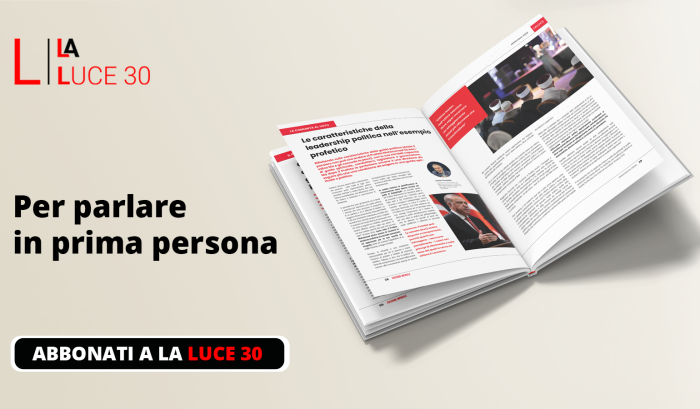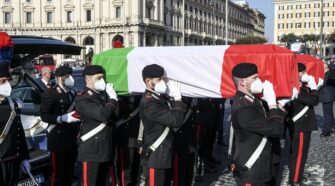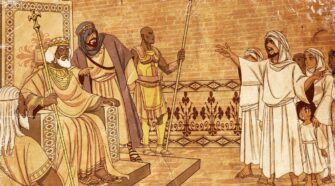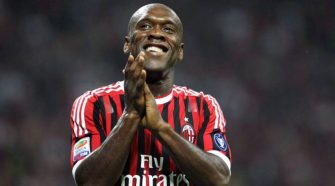Our decision to publish the news regarding the conversion of Ambassador Luca Attanasio, brutally killed on February 22 in Congo, has aroused much controversy and there are those who went so far as to accuse us of exploitation and propaganda, nothing further from our intentions
Primarily, we were guided, as always, by the duty to inform and the responsibility to do so by carefully verifying our sources.
In fact, once the information has been validated by the cross-checking of several direct sources deemed highly reliable, we felt it was our duty to publish the news, for many reasons.
First of all, it is necessary to remember the relevance we recognize to the spiritual element, therefore it was fundamental for us to inform Italian Muslims about the possibility to pray for him through a specific religious ritual. I can understand that today this concern may sound strange to many, but in the moment of returning to one’s Creator, for a believer there is nothing more important than the destiny of the soul and we have dealt with that.
In this regard, we must remember how the Salat al ghaib was established: informed about the death of the Negus of Abyssinia, the Prophet Muhammad called the people and led them to the prayer ground where he performed the prayer on the deceased.
What amazed me, however, because it cannot be justified by the cultural context of Catholic origin, is the controversy about the conversion that would not be enough to consider Luca Attanasio a Muslim in the eyes of God and his brothers. It amazed me because the baptism instead, performed on an unconscious infant, is enough to ensure a funeral and a Catholic rite to anyone. The Shahada, the declaration of faith pronounced by Attanasio, is a conscious and free act to which we recognize absolute value and that we are not allowed to question.
The accusation of exploitation by our side betrays the latent Islamophobia according to which every action carried out by Muslims is actually an attempt to proselytize, while if the same thing is done by the Church, for example, there is nothing to object. How many times in similar cases does the local priest or the Catholic hierarchy rightly place emphasis on the fact that the victim was a good Christian?
The same Islamophobia that, even worse, has been introjected by some Muslims, to the extent that a self-styled imam went so far as to assume that Luca Attanasio’s declaration of faith was an act of convenience, false in essence.
In this way, “the imam” is likely to commit a serious sin, and unfortunately he is not even new to these remarks: on the occasion of the return of Silvia Aisha Romano he hastened to declare that his adherence to Islam was the result of coercion.
Ambassador Luca Attanasio was certainly a man of faith, a practical, true faith, that he testified through the dignity and honor with which he played his institutional role and with the charitable works he did during his permanence in this earthly world. For this reason his figure is a heritage for all Italians and the fact that Muslims and Christians pray for him is the best recognition.

